The relevance of immigrant detention all throughout America right now is, unfortunately, evident everywhere we turn. On the news, social media, and through simple word of mouth, updates on Trump’s new immigration ban and his plans to build a wall are unavoidable. In addition to the effect of immigrant detention on the families of detained immigrants, as discussed on Tuesday, many victims of Trump’s legislation are forced to live in unacceptable and inhumane conditions within the walls of detention facilities. Immigrants seeking refuge from danger in their countries are shown no mercy. It’s imperative that we continue to speak up.
During our trip to Austin, six storytellers shared with us their intersecting experiences within the twin systems of incarceration and immigrant detention. Detention facilities are meant to be a holding center, but have proven to resemble a prison environment despite housing non-violent immigrants who pose no threat. It is said that they’re detained for national security reasons, but considering Hispanics are actively sought out near the border, it is essentially legalized racial profiling. In Spanish, storyteller Sulma Franco recounted her personal experience with immigration detention, which began on only her second day in the United States:
“I fled my country to escape persecution for my sexual preference only to come to America and be arrested by immigration for crossing the border, and then humiliated for having been arrested, not having a social security number, not having a driver’s license, not speaking English.
Many immigrants, such as Sulma, attempt to escape from danger, hoping that in America they will find a better life. Survivors of torture, asylum seekers and other vulnerable groups including children, pregnant women and those with serious illnesses are in detention. The better life that they expected to find in the United States has been taken from them. Instead, they are subjected to harsh conditions. Sulma continues,
"We were held in a small room, many of us, all from different countries, huddled together on the cold cement ground. There was one bathroom for all of us with no door. Not even a shower curtain to protect our female bodies. If you wanted to do anything in the bathroom, you had to do it in front of everyone.”
Immigrants are given shocking conditions in which to live and are treated inhumanely in the detention centers. The motives behind immigration detention are largely financial, which explains the cruelty and neglect. Sexual assault is prevalent within the detention centers, but justice is very rarely served. Immigrants are often denied health care. Additionally, detainees with lawyers are a minority. The right to an attorney is only a guarantee if you’re in criminal court. Due to the neglect and mistreatment of detained immigrants, a reported 115 people have died in immigration custody since 2003. There are countless heartbreaking stories. Sulma’s is just one of them.
In light of the recent inauguration of Donald Trump, action is more important now than ever. We urge you to donate to our Texas partners, Grassroots Leadership and other causes that will work to change, such as The National Immigration Law Center, and Americans for Immigrant Justice . Protest and speak out for people like Sulma.
On Saturday, Feb 4th, Mass Story Lab traveled to Miami, Florida to continue amplifying the stories of people surviving the intersections of incarceration and immigrant detention. Visit www.MassStoryLab.com to find out how you can bring a lab to your city in 2017.
By Claire Zager, Mass Story Lab Intern








